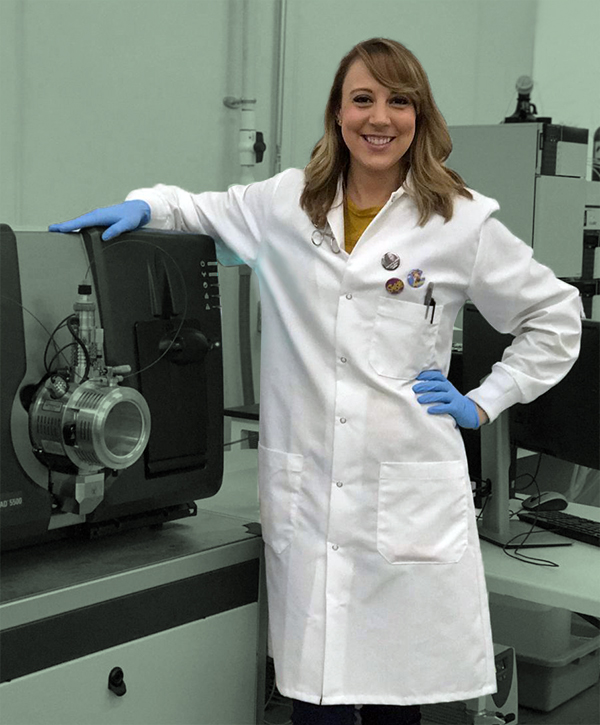Our Customer First Commitment

A Trusted Partner In Drug Testing
We here at Premier Biotech believe above all else in providing our customers with much more than just products at a price. Our commitment to service permeates throughout every aspect of our business. Creating personalized customer experiences, through continued training, toxicology support and an unwavering commitment to our customers, is what we believe truly differentiates us from other drug testing product providers and laboratories.
Ensuring our customers get the answers they need when they need them is a top priority for us. In most cases, questions relating to testing procedures and toxicology can be quite urgent. We believe in becoming a true partner in providing prompt support from our team of experienced customer service professionals and Certifying Scientists.

Expert Support
The Premier Biotech Labs team is here to provide our customers with real-time assistance. OurCertifying Scientistsprimaryresponsibilities include:
“¢ Checking each batch of patients and making sure that the standards and controls pass each of our parameters.
“¢ Checking the chromatography of each patient in the batch, making sure it passes each of our parameters.
“¢ Reviewing the final report of each sample individually confirming that the name and client information is entered correctly, and that the results make sense. For example, if we saw a parent drug present without a metabolite, we may repeat the sample to confirm the results.
“¢ Receiving calls from clients, probation officers, and donors helping to interpret the meaning of the results listed on the final report. Identify anomalies that may be present, whether the results are consistent with any prescribed medications, or helping determine trends over time.
Common Customer Questions
The following is a sampling of common questions and answers ourteam have assisted our customers with. To view additional frequently asked questions, we have made available a number of others that can be found in ourFAQ section.
13 Panel Cup
Why would my rapid result vary from laboratory LC-MS/MS result?
Rapid results provide an initial qualitative screen. The technology used is called immunoassay, which delivers a rapid, non specific, positive or negative result. Conversely, the high complexity LC-MS/MS confirmation testing provides absolute specific results, with no cross reactivity. Additionally, screens are not as sensitive as confirmation testing. It is imperative that confirmation testing employs lower cut-off levels than the screen.
A positive rapid test and a negative laboratory confirmation test may be a result of something in the donor’s system cross reacting. This most often happens with donors who are taking a long list of OTC and/or prescribed medications. The chances that the metabolites of one of these drugs in their system is cross-reacting with one of the strips is increased. The LC-MS/MS method is highly specific, and is able to rule out any cross-reactant, by searching only for the specific molecular compound that is unique to the drug in question.
Which analytes react with the opiate strip?
What is the primary differences between urine and oral fluid testing?
The important thing to understand about urine and oral fluid drug testing is that they are both accurate, reliable and valid testing methods. Oral fluid testing is 100% observed, this eliminates the need for private restrooms and removes the risk of adulteration by substitution, dilution, or additives.
Oral fluid testing allows for immediate detection, whereas urine requires the drug to metabolize after being consumed which can take up to 6-12 hours depending on the drug and donor metabolism.
Urine-based rapid drug testing has a longer window of detection, for most drugs from 24-72 hours, whereas oral ﬔšuid testing is 24-36 hours for water-soluble drugs. The biggest difference is in the detection window of THC. Since THC is a fat-soluble, rather than a water-soluble drug, it does not cross directly into oral ﬔšuid. Therefore, THC is detected as residual smoke or parent compound in saliva, not as a metabolite. As a result, THC can only be detected for up to 24 hours in oral ﬔšuid testing.
